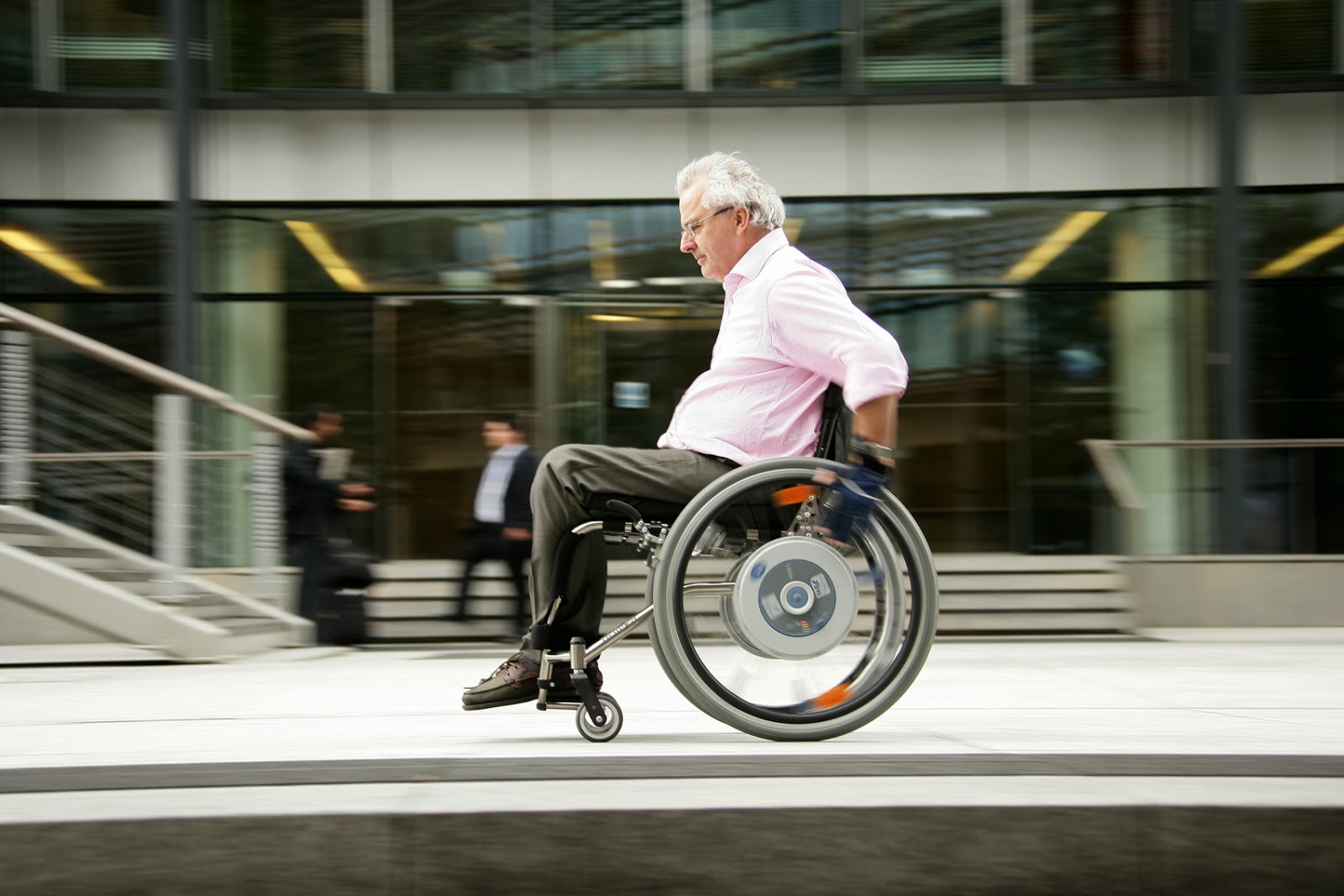Aspire is concerned with the roll out of the new Personal
Independence Payment benefit and the hardship that delays in the system are
causing to people with Spinal Cord Injury (SCI). This is of particular concern
to those who have been newly injured and are having to wait for months before
they received their Personal Independence Payment entitlements. The catalogue
of errors and delays experienced by Steve who sustained a Spinal Cord Injury in
2013 is something we believe no one should experience.
On 29th June 2013, while Steve was still a
patient at the NHS Spinal Cord Injury Centre in Sheffield, he completed part I
of his Personal Independence Payment claim. He received his first PIP payment
on 5th December 2013. What Steve experienced during this time period
is unacceptable.
First of all, Steve felt that the form was incredibly
difficult to complete.
“With the amount of information that they ask for, in a lot of places,
it feels like an attempt to try and catch you out.”
Secondly, Steve was given dates for potential assessments
that Capita were unable to commit to themselves. On one occasion, the assessor
did not turn up at the arranged time. When Steve phoned the Capita advice line,
he was told that his assessment had been cancelled. Unfortunately, they had failed
to tell Steve this.
When the Assessor did turn up, there was a computer error
and they were unable to access any files that Steve had sent as part of his
claim.
“The whole process was unnecessarily bureaucratic. It was a concerning
time for me… absolutely unbearable. Missing appointments, not letting me know.
It is a totally inadequate service.”
Steve received help from his Member of Parliament and Aspire
was there to help every step of the way. He was able to fight his corner and
raise the issue on Capita’s agenda to the extent that senior staff at the
organisation’s PIP operation took action. We know that Steve is not alone. We
are even more concerned about people who are going through the system without
adequate support who do not raise their voices loud enough.
We accept that where people do successfully receive
entitlements, payments are backdated. However, the financial impact that this
has on people, especially at a time when they most need additional income to
meet costs after having a life changing injury, is devastating. It hinders
people’s ability to get on with their lives and be more independent. In one
case, Aspire found someone wearing jumpers and gloves in their own home because
of the financial difficulty they were facing following their injury.
Furthermore, we are concerned with the contractors’ ability
to cope when reassessments are rolled out on a national scale. The government
expects all DLA claimants to have been invited on to Personal Independence
Payments by September 2017. With 3.3 million people receiving DLA, this
requires on average 825,000 assessments a year, or 16,000 assessments a week,
or 3,200 assessments a day. This does not even include new people entering the
system.
With so many people affected, it is no surprise that the
government had to rethink their approach last year and introduce a more phased
reassessment timetable.
As people are going through the process for the new benefit,
we are already receiving feedback from people and having to make
representations on their behalf to the Department for Work and Pensions and the
assessment providers. Indeed our introduction of a new Welfare Benefits Advice
Service is testament to the additional support we anticipate we will have to
provide to people with SCI as a result of multiple benefit changes.
If you have Spinal Cord Injury and are experiencing any
problems with any welfare benefits issues, contact Aspire’s new Welfare Benefits
Advice Service on 020 8420 6711 or email
welfarebenefits@aspire.org.uk
(*Steve is not the individual's real name)






